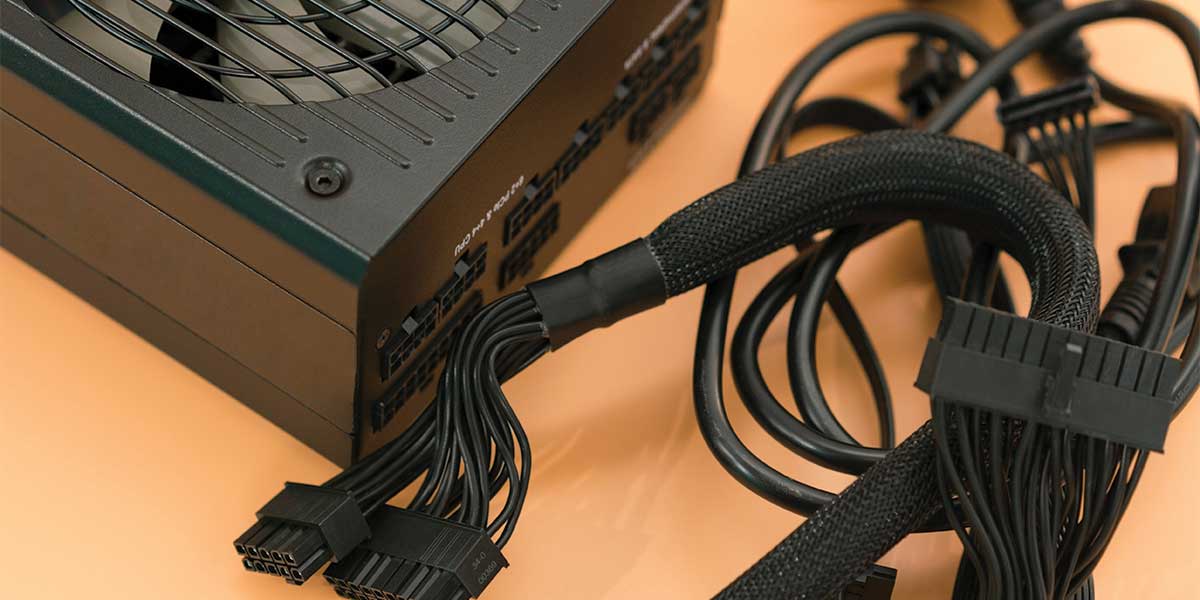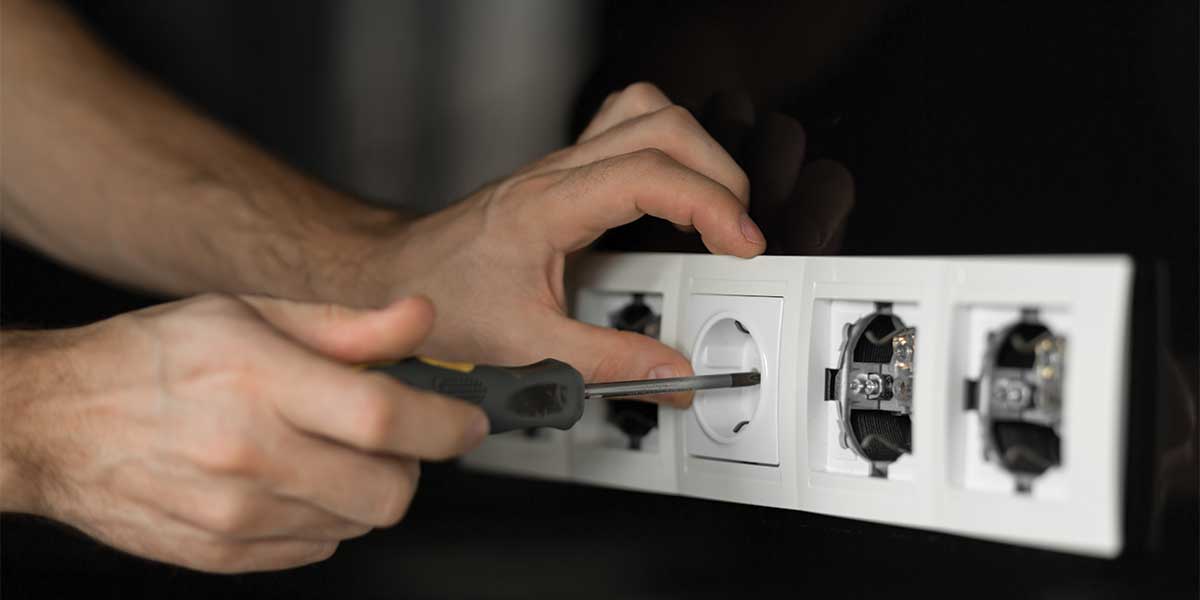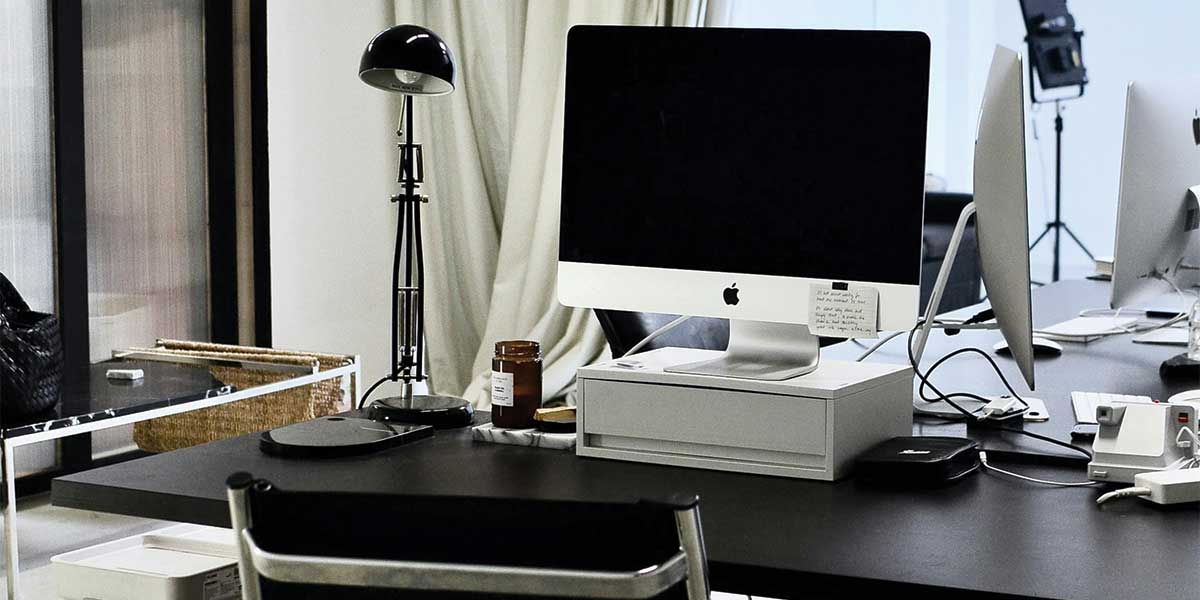These days’ computers exist in our homes within one form or another. These machines are quite valuable and expensive, and damaging them is not a good feeling. As computers run on electricity, improper use and function can result in electrical related damage. Keep these following simple tips in mind when working with your computers.
Extension cords aren’t permanent
Extension cords play a crucial role in providing flexibility for placing computers away from electrical sockets. However, it’s vital to understand that extension cords are not meant to be a permanent solution when it comes to powering computers. Using extension cords for prolonged periods can hinder surge protection mechanisms and make the computer more vulnerable to electrical shocks, potentially damaging its hardware components.
Moreover, when connecting computers, laptops, or monitors to power sources, it’s essential to utilize all three prongs of the power cord. The third prong, often referred to as the grounding prong, is not optional—it serves to protect against electrical currents that could otherwise spread to the metal casing of the computer, posing a risk of serious electric shock if not properly connected.
In summary, while extension cords offer convenience, they should be used judiciously, especially when it comes to powering computers. Ensuring proper grounding and surge protection mechanisms are in place is crucial for safeguarding computer hardware and preventing electrical damage.

Extension cords are not meant to be a permanent solution when it comes to placing your computer away from an electrical socket. An extension cord can hinder surge protection and make the computer vulnerable to shocks that can damage the computer hardware.
Use all 3-prongs
If you have a computer, laptop, or monitor, the power cord likely has three prongs. These are not suggestions. Too many times people will try to fit these cords into two-prong sockets. The button prong that only appears on some cords is actually the grounding cable. This protects us from electrical currents that can spread to the metal casing surrounding the computer. If the grounding prong is not connected properly, you are risking a chance of serious electric shock.
Use GCFI outlets
Electricity powers computer hardware, but too much can damage the components. With a GCFI outlet, you add another layer of protection to your devicee is an electrical storm or problem with your home electrical system and a surge occurs, you can rest assured that it will not reach your devices.

Use a sufficient surge protector.
If you have an office setup that includes a monitor, computer, and printer, a surge protector is highly recommended. The surge protector will shut off when a surge is detected and protect the electrical devices. Ensure you know the load the electrical devices have and check t,hat yo,ur electrical circuit and surge protector are rated for that load. If not, you will find the surge protector or breaker tripping constantly.
If you are setting up an office with computer hardware and electrical equipment or require GCFI outlets in your home, contact your local Expert Electric. We can help review your setup and provide solutions to keep you and your hardware safe.
Elevate your electrical system with Expert Electric’s unparalleled service. Whether you’re looking to enhance your indoor ambiance or brighten your outdoor spaces, our team at Expert Electric is your ultimate solution. Refrain from letting subpar electrical work dim your property’s potential. Choose experts ready to illuminate every corner with precision and care.
Dial 604-681-8338 today and embark on a journey to electrical excellence. With Expert Electric, you’re not just getting a service but investing in peace of mind, safety, and the sheer joy of flawless functionality. Our seasoned professionals are eager to tackle any challenge, big or small, ensuring your space is safe and shines with its full potential.
From the intricate wiring of your cozy indoor retreat to the vibrant energy of your outdoor oasis, Expert Electric is your reliable partner, dedicated to transforming your electrical dreams into reality. Our commitment to quality, safety, and customer satisfaction sets us apart, making us the go-to choice for discerning homeowners and businesses.
Don’t wait for a flicker to become a failure. Take the proactive step towards exceptional electrical health by calling Expert Electric at 604-681-8338. Let us empower your space with top-tier electrical work’s strength, beauty, and reliability. Join the many satisfied customers who trust Expert Electric to illuminate their lives. Call now and illuminate the path to electrical perfection. Your journey to a brighter, safer, and more efficient space begins with Expert Electric – where excellence is just a call away.


